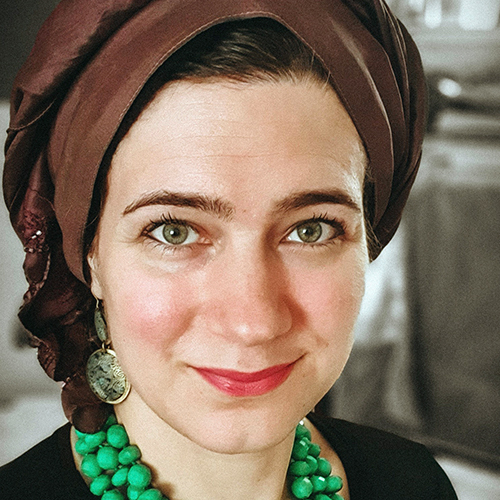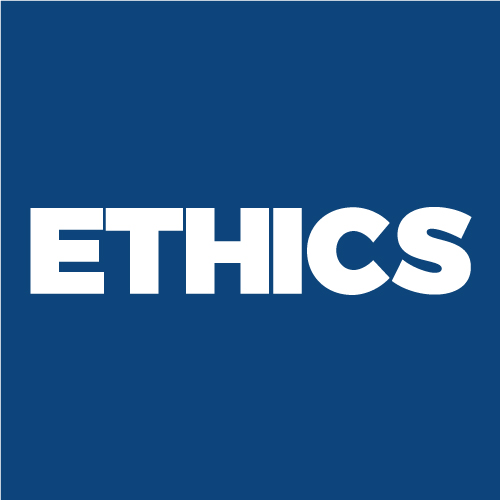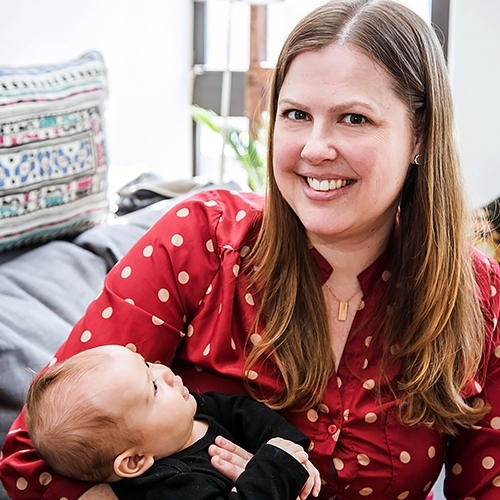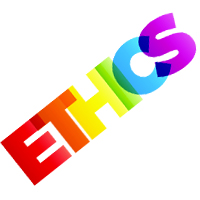 Ethics for Lactation Professionals Online Course(s) & Continuing Education
Ethics for Lactation Professionals Online Course(s) & Continuing Education
Access the latest clinical skills and research for Ethics for Lactation Professionals for Lactation & Breastfeeding professional training. These Ethics for Lactation Professionals online courses provide practice-changing skills and valuable perspectives from leading global experts. This Ethics for Lactation Professionals education has been accredited for a variety of CEUs / CERPs and can be accessed on-demand, at your own pace.
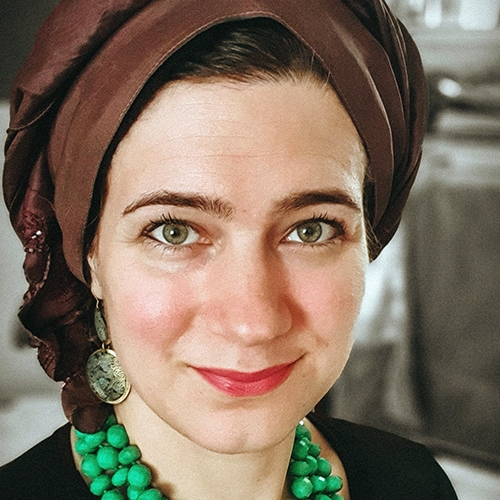
Research Ethics & Infant Feeding: How to Utilise the Four 'D's of a Brief Assessment

Zainab Yate is a Biomedical Ethicist, with a specialist interest in infant feeding. Zainab is Vice Chair and named qualitative lead on a paediatric flagged Research Ethics Committee Panel for the Health Research Authority (HRA) in the UK, reviewing research protocols for over a decade. Zainab's previous working background is in Public Health and Commissioning the National Health Service (NHS) in the UK. She had also been a volunteer breastfeeding peer supporter with the NHS for a number of years, is the owner-author of the resource site for mothers and healthcare practitioners on Breastfeeding / Nursing Aversion and Agitation and author of "When Breastfeeding Sucks".
Topic: Breastfeeding / Nursing Aversion and Agitation (BAA) in breastfeeding mothers - [View Abstract]
Topic: Navigating the Future: Bioethical Challenges in Anticipated Integration of AI in Lactation and Breastfeeding Services - [View Abstract]
Topic: Research Ethics & Infant Feeding: How to Utilise the Four 'D's of a Brief Assessment - [View Abstract]
Research ethics institutions protect the rights, safety, dignity, and well-being of research participants, and also have a duty to ensure ‘good’ research. Conducting poor research is unethical, and there are many studies in the field of breastfeeding and lactation that have been challenged when published, simply because their findings and results are, at best, incorrect. Proper definitions, project design and industry conflict of interest are important factors, and these can be critiqued and challenged at the ethical review stage.
Participants will learn how to use the method of the '4 Ds of a Brief Assessment' to scrutinise the research questions, definitions of words used, disclosures and even the research methodology to decide if a study will have both scientific and ethical merit in the field of breastfeeding and lactation. If you are a donor, an applicant, a manager or a researcher you need to be aware of the process of ethical review of research protocols, the possibility of specialist review, and also of how to sift through published studies that have questionable study designs, and the findings.

Resolving Ethical Dilemmas Using a Qualitative Study and Case Examples

Joy Noel-Weiss RN IBCLC is an assistant professor in the School of Nursing, Faculty of Health Sciences, University of Ottawa. Dr. Noel-Weiss researches breastfeeding and human lactation. Professor Noel-Weiss' doctoral research study was titled Relationship Between Intravenous Fluids Given to Women During Parturition and Their Breastfed Newborns' Weight Loss. Her Masters' research was a randomized controlled trial testing a prenatal breastfeeding workshop designed to increase maternal breastfeeding self-efficacy. For future research, Dr. Noel-Weiss is developing tools to measure infant feeding patterns and to measure clinicians' confidence in their ability (i.e., their self-efficacy) to support individuals who choose to breastfeed.
In addition to these quantitative studies, Dr. Noel-Weiss recently completed qualitative research about ethical dilemmas and lactation consultants and about mothers' experiences using baby scales in their homes. Currently, Dr. Noel-Weiss works with a research team as the principal investigator on a research study titled Transmasculine Individuals' Experiences with Pregnancy, Birthing and Feeding Their Newborns. The study is funded with an operating grant from the Canadian Institutes of Health Research - Institute of Gender and Health.
Dr. Noel-Weiss chairs the International Lactation Consultants Association's Ethics and International Code Committee and co-chairs the uOttawa School of Nursing's working group for joint appointees and adjuncts. She has a cross appointment to the Ottawa Hospital and is a member of The Ottawa Hospital Nursing Research Work Group. Recently, Dr. Noel-Weiss became a member of the Champlain Maternal Newborn Regional Program's Breastfeeding Promotion Committee.
In this session, Professor Noel-Weiss explains and defines bioethics, principles of bioethics, and ethical dilemmas. She presents results from her research study about IBCLCs and ethical dilemmas and uses case studies to demonstrate how to identify and resolve ethical dilemmas.
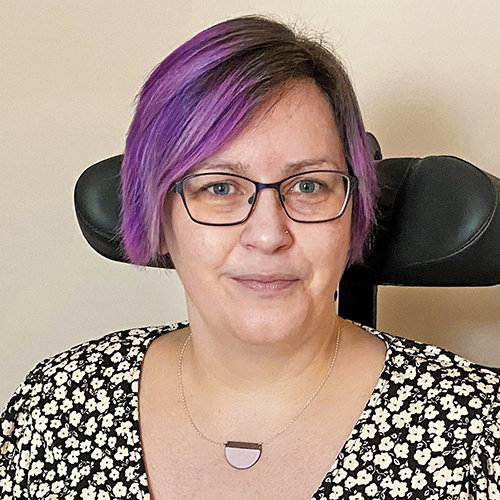
Reviewing the Research on Breastfeeding in Public: Challenges, Solutions and Impact

Aimee Grant is a Senior Lecturer and Wellcome Trust Career Development Fellow at Swansea University Centre for Lactation, Infant Feeding and Translation. She has researched marginalised pregnancy and early motherhood for the past decade, including those living in poverty, stigmatised locations and Disabled women. Aimee's current research is an 8 year longitudinal study using visual methods to understand Autistic experiences "from menstruation to menopause". She is the author of two Documentary Analysis texts (Routledge, 2019; Policy Press, 2022), and is currently writing The Autism Friendly Guide to Pregnancy (and the fourth trimester).
Many parents in Global North countries identify breastfeeding outside of the home as a particular challenge, and this can lead to stopping breastfeeding earlier than intended. However, there are often legal protections available. In order to better understand this complicated landscape, I will present a summary of the 71 research studies published on this between 2007-2021. Current barriers to mothers being able to breastfeed in public spaces will be described in relation to the legal system, structural inequality and intersectionality, knowledge leading to incorrect beliefs among the public, and a hostile social environment. Within this context it is completely rational for parents to feel a range of negative responses, which lead to them feeling unsafe to breastfeed. Building on this evidence, I present a range of ways in which you may be able to have a positive impact on the environment around the mothers you support.
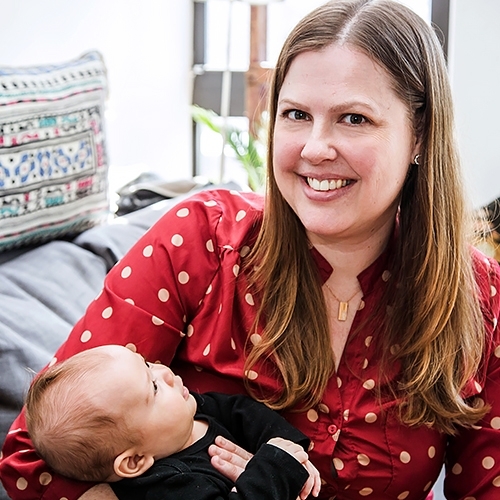

Annie Frisbie has been an IBCLC in private practice since 2011. Her background is in media, where she worked very closely with producers, content developers, and tech thought leaders on business strategy, content development, contracts, legal clearances, and more. She has also produced training for professional media software solutions as well as created and managed print and video content for media professionals.
In 2018 she was honored with the US Lactation Consultant Association's President's Award, "awarding those that demonstrate extraordinary service to the association and profession."
She is a produced screenwriter and proud member of the Writers Guild of America, East. She have a BA from Franklin and Marshall College, and an MA in Cinema Studies from New York University. In a previous life I was a film critic. I live with my husband and our two children in Queens, New York.
Topic: The Ethics of Digital Privacy and Lactation Practice - [View Abstract]
As healthcare providers incorporate technological solutions into their practices, they also face the increasingly complex task of protecting the privacy of their patients/clients. Some countries have laws in place that healthcare providers need to understand and follow, but all healthcare providers regardless of practice setting have an ethical responsibility to maintain rigorous standards when it comes to digital privacy.
Because technology changes so rapidly, keeping up-to-date with privacy regulations proves challenging for both large institutions and solo practitioners. Lactation must also be concerned with the privacy of more than one entity while serving a patient base that may have already faced numerous privacy and consent violations during pregnancy and childbirth. By valuing the privacy of lactating persons and their children, legal, ethical, and moral obligations can be met, enhancing client/patient autonomy and improving self-efficacy.
This session provides a framework for understanding digital privacy and privacy threats, and offers resources for implementing policies and procedures that protect patient/client privacy.

View Details / Enroll
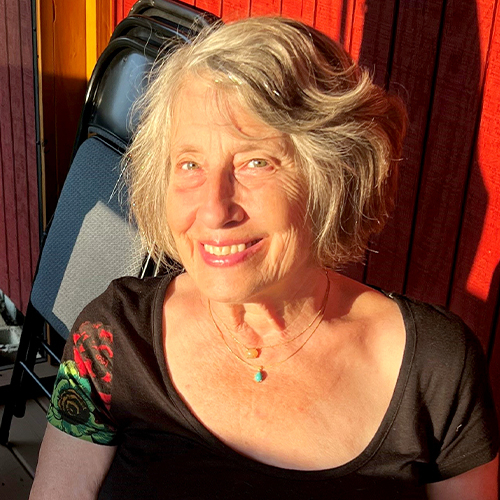
Tips and Tricks for Writing Breastfeeding Policy

Starting in 1971 as a LPN, Nikki has worked in clinics, homes, city and county health departments, hospitals, intensive care units, medical schools, and universities. Her focus shifted from intensive care to breastfeeding and public health in 1975. She has worked in person and virtually. She is a nurse, a lactation consultant, a bodyworker, an infant massage instructor, a public speaker, the author of two books and a teacher. Her favorite things now are being a grandmother, learning to grow vegetables, playing old-time and cajun guitar, and walking in beautiful places.
Writing policy is a skillset needed throughout the lactation profession as the lactation care provider often serves as both clinician and advocate. As an author of 2 breastfeeding policies, including a promotion policy for the City of Philadelphia Department of Public Health in 1992 and 10 Steps to a Breastfeeding-friendly Shelter in 2019, Nikki will give some historical background for breastfeeding policy and offer guidance about how to formulate a policy, what is important in writing policy, and make the process easier to work through and less intimidating.


Liz Brooks is a private practice International Board Certified Lactation Consultant (IBCLC) and licensed lawyer, with expertise in criminal, administrative, non-profit, ethics, and lactation-related law. Liz offers in-home lactation consultations, and bedside care and teaching in two Baby-Friendly-designated hospitals.
She has been a leader in organizations for IBCLCs, breastfeeding promotion, and non-profit human milk banking. She authored the only textbook on legal and ethical issues for the IBCLC, and writes on health care ethics, equity, and conflict-of-interest in several books, blogs, and peer-reviewed journals.
She is a popular international conference speaker, offering practical tips with wit and wisdom for anyone who works with lactating and human milk-using families. Liz self-identifies as a cisgender hetero white woman with unearned privilege, and uses she/her/hers pronouns.
Topic: Using a Cool Head When You’re on the Hot Seat: Ethical and Legal Topics That Make Us Sweat, and How to Avoid Getting Burned - [View Abstract]
Topic: What’s Too “Friendly” for an IBCLC on Social Media? - [View Abstract]
Topic: Whiners and Deniers: Ethics and Diplomacy in Difficult Cases - [View Abstract]
It's all about the Internet! Families in 2015 want to be connected to their network of families and friends. They use Internet-accessing devices and social media to share news, gather information and seek opinions. If this is where families are ... can an IBCLC (or other healthcare provider) be there, too, without violating long-standing principles of privacy and professional ethics? Can healthcare providers engage in clinical discussion with someone on Facebook, Twitter, a chat room or a website? What about real-time webinars, or static websites, where mothers type in their clinical questions? Is texting ever permissible? Can a clinician post a picture of a client, or ask colleagues on a private listserv about a tricky case? We'll learn how the Internet is used by new families to seek and share information, and the professional risks of "friendly" clinical care by the IBCLC or HCP who joins the conversation.

You Don’t Have To: The Duty Mistake, The Justification Trap and Perceived Pressure to Breastfeed

Fiona Woollard is an Associate Professor of Philosophy at the University of Southampton. She works in the Philosophy of Pregnancy, Birth and Early Motherhood, with a special interest in infant feeding. She argues that identifying philosophical mistakes in the way we think about maternal behaviour can help improve conversations about infant feeding decisions. Her work has been widely published in journals aimed at philosophers, medical professionals and peer supporters, and in venues aimed at a general audience. To read more about her work on infant feeding, see https://fionawoollard.weebly.com/infant-feeding.html
Anecdotal evidence of the perception of pressure surrounding infant feeding decisions is easy to acquire simply by talking to new mothers. Several sociological studies report an association between decisions to formula feed and feelings of guilt, blame and failure. I connect perceived pressure regarding infant feeding decisions to a mistaken assumption that if breastfeeding benefits the child, the mother must have a defeasible duty to breastfeed. I call this the Duty Mistake. I show how the Duty Mistake contributes to guilt and shame surrounding the use of formula. It also produces what I call “the Justification Trap”: in a moralized context, requests for information or offers of support are perceived as calls for justification. This makes it much harder to ensure that women are given the support and information they need to meet their feeding goals. This presentation provides an overview of the issues and looks at how they impact the ethical responsibility of lactation professionals to promote and support breastfeeding.



